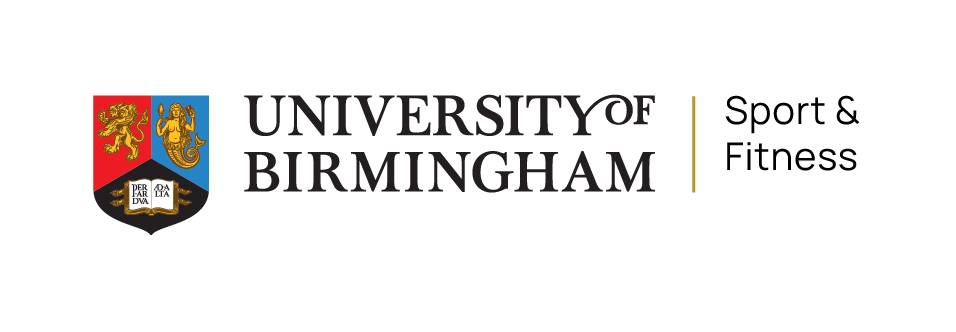
University of Birmingham: The Early Years of Sport (1900-1918)
The early years of sport at the University of Birmingham (1900-1918) Sport has been at the heart of the University of Birmingham since its foundation,

The early years of sport at the University of Birmingham (1900-1918) Sport has been at the heart of the University of Birmingham since its foundation,
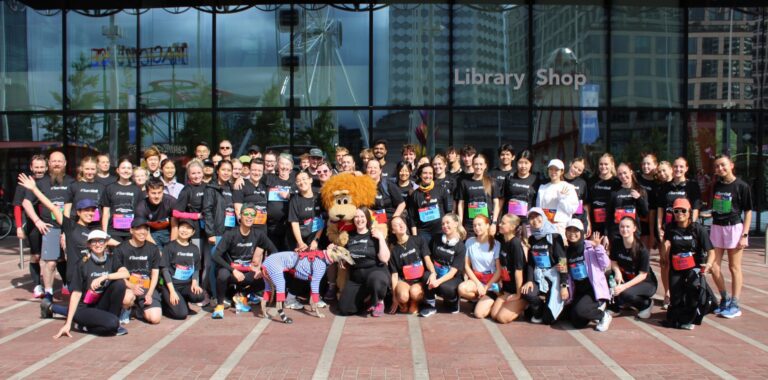
BUCS wrap-up 2024/25: A season to remember What. A. Year. From squash to sprinting, karate to korfball, our University of Birmingham athletes have been absolutely
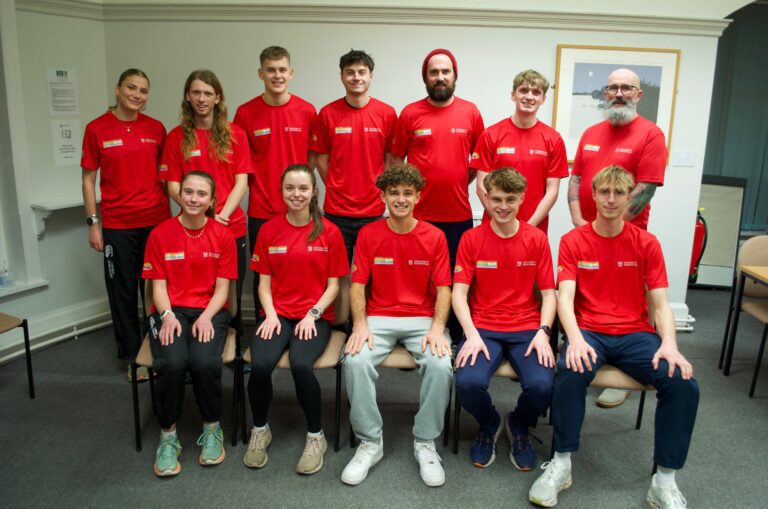
UoB Athletics & XC Club launch new ‘Part of the Pride’ t-shirts As part of recognising LGBTQ+ History Club, UoB Athletics and XC club partnered

Show your heart some love this Valentines Day February is the month of Valentine’s Day, and what better way to love your body than by
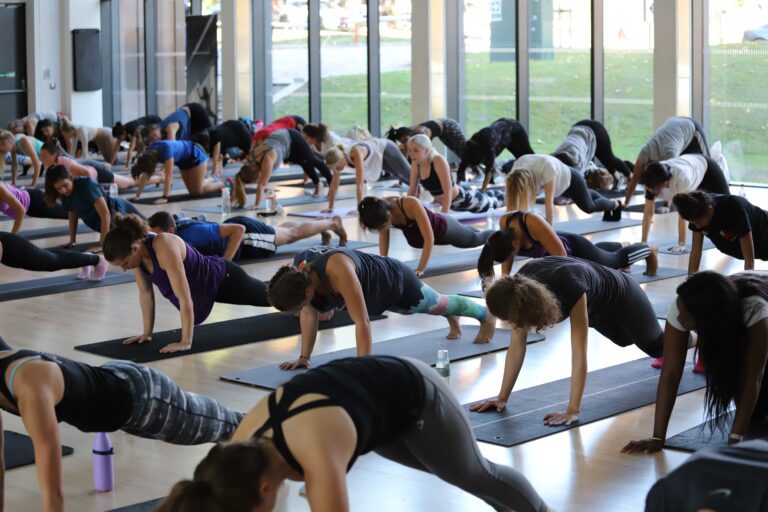
Why Exercise is the Ultimate Mood Booster on Blue Monday Are you feeling the post-holiday blues this January? Movement and exercise have been proven to
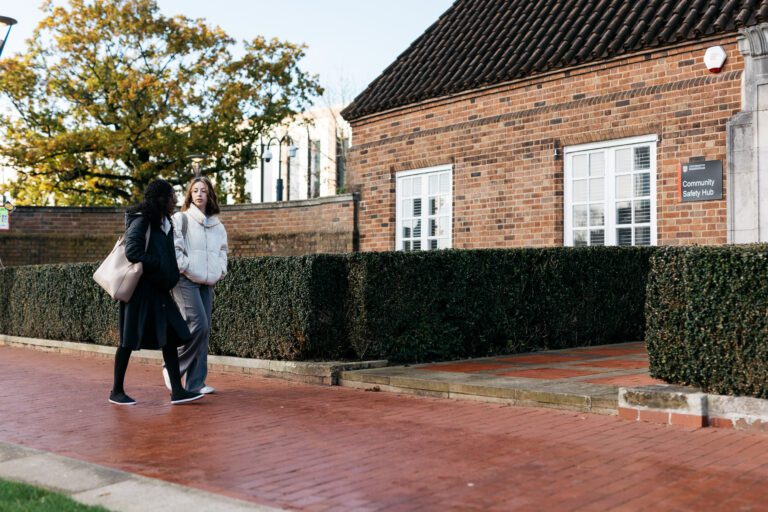
Beat the festive fitness slump with these simple habits The festive season is for many a prime time to unwind, relax and enjoy tasty food

How to Stay Motivated During the Colder Months A change in season doesn’t have to mean saying goodbye to your sport and fitness activities. Here

WORLD MENTAL HEALTH DAY 2023 Tuesday 10 October is World Mental Health Day. The World Health Organisation (WHO) states that despite good mental health being
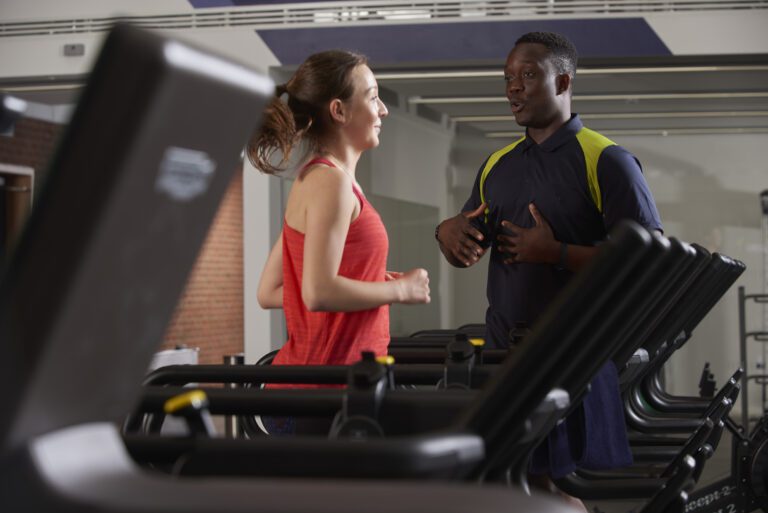
Goal-Setting with Joe, Fitness Instructor We caught up with Joe, who has been working full time as a gym supervisor at UoB since 2019. Joe
Scroll down for more options…
Scroll down for more options…
Scroll down for more options…

